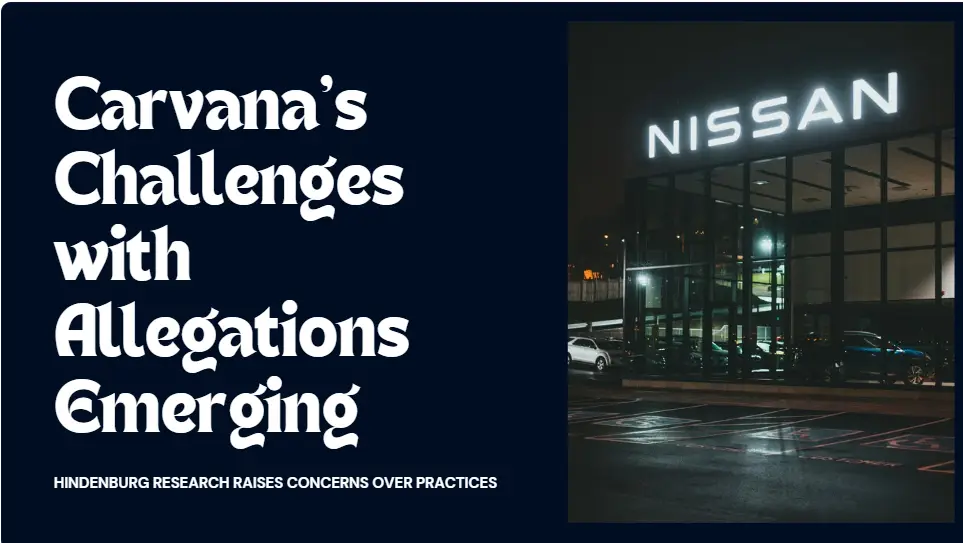
Costco's Anti-DEI Backlash: A Sudden Shift and Its Implications
Updated:
Hi and welcome back to Tech Venture Spot — where we dissect the headlines of big business that are remaking the future. You're likely familiar with the Costco Anti-DEI Movement, but April 2025 brought with it a sudden change that no one realized.
Here's the news:
- In January, 98% of Costco's shareholders rejected an anti-DEI proposal (link to related report).
- In April, Costco started secretly negotiating with Iowa's Attorney General and 18 other Republican AGs. They contend that DEI policies could be in contravention of discrimination law.
So what is going on? Let's see what's actually going on with the Costco Anti-DEI backlash—and why it could have consequences for the way Corporate America engages with inclusion in 2025 and beyond.
1. The Politicization of Corporate Culture
Why it matters:
Critics believe DEI introduces politics into business, leaving employees and customers behind.
Recent News
Iowa Attorney General Brenna Bird started a campaign demanding that Costco drop DEI.
Rather than battling in the courtroom, Costco opted to engage in "constructive discussions," evidencing how politicized this space has become.
On the ground:
"Costco manager confided to me, 'My staff avoid DEI training because it is perceived as a political agenda.'"
2. Is It Really About the Money?
Why it matters:
DEI budgets are not modest — and some contend they dilute the basics.
Latest Figures:
Case in Point:
Tractor Supply reduced its DEI budget in late 2024.
Outcome: Saved $5 million annually by integrating DEI and HR.
Also Read: SBI Q4 Results: 10% Profit Dip & ₹15.90 Dividend
3. DEI vs. Merit: The Debate Rages On
Why it matters:
Others argue that DEI is disrespectful to the meritocracy principle.
Shareholder arguments:
NCPPR suggests that DEI may result in lower-caliber candidates being employed merely to meet diversity goals.
What the Attorneys General are saying:
Texas Attorney General Ken Paxton stated, "True inclusion means equal opportunity—not preferences."
4. Mandatory Training? Or Mandated Compliance?
Why it's contentious:
Staff tend to experience mandated DEI training as alienating or performative.
From the Frontlines:
- According to Forbes, some companies' retail employees skip DEI sessions, calling them "lectures, not conversations."
- Warehouse managers I spoke to prefer "listening circles" over PowerPoint presentations.
5. Stakeholders Divided Down the Middle
Why it matters:
Shareholders, customers, and employees might not all see DEI the same.
Recent Surveys:
| Perspective on DEI | Percentage |
|---|---|
| Makes them more likely to apply for a job | 33% of Americans |
| Fear that it generates "checkbox" hiring | 34% |
The Tug-of-War:
- Costco board: DEI fuels innovation and satisfaction.
- Anti-DEI organizations: It's a veiled legal risk.
That conflict is the reason that this issue will continue for the time being.
✨ Main Image Summary (Visualized):
Major Issues Driving the Anti-DEI Movement
Costco's DEI: What People Think
What Comes Next?
Let's connect the dots:
- State attorneys general can proceed with lawsuits.
- Shareholders continue to believe in DEI.
- Consumers are extremely polarized.
What to watch:
- Will Costco go toward voluntary inclusion approaches?
- Will others join in or back off like Tractor Supply?
We'll be tracking all aspects of this narrative at Tech Venture Spot. If you comprehend both perspectives, you can make smarter decisions—whether you are a customer, employee, or investor.
Frequently Asked Questions
1. Who is the Costco Anti-DEI Movement? +
The Costco Anti-DEI movement is a reference to organized actions, led by proposals from shareholders and state attorneys general, which are aimed at questioning or restricting Costco’s diversity, equity and inclusion moves, including issue of politicisation, cost, and legal risk.
2. What makes people oppose DEI programs at Costco? +
Critics of DEI are of the opinion that these programs diverts resources away from disbursements, compromises merit based hiring practices and politicize workplace culture. They also indicate that there are potential discrimination lawsuit as a legal risk.
3. How has the DEI proposals been received by Costco shareholders? +
A February 9, 2025 opinion piece in the Washington Post reported that a vote to oppose an anti-DEI proposal was rejected by over 98% of Costco shareholders indicating that Costco’s inclusion efforts are very popular with its shareholders.
Shareholder Vote on Anti-DEI Proposal
4. What legal initiatives have since been brought against Costco’s DEI policies? +
In April 2025, Iowa’s Attorney General Brenna Bird (joined by 18 Republican colleagues) wrote to Costco to assert that some DEI practices may break state discrimination laws. Costco instead chose productive dialogue instead of litigation.
State Attorney General Actions
| Leading Entity | Number of Joining Colleagues | Action Taken | Costco's Response |
|---|---|---|---|
| Iowa’s Attorney General Brenna Bird | 18 Republican colleagues | Letter asserting some DEI practices may break state discrimination laws | Chose productive dialogue |
5. How does Costco defend its continuation of DEI initiatives? +
Costco’s leadership clients assert that DEI encourages innovation, increases employee satisfaction, and enhances customer relationship. The company also asserts that it does not use hiring quotas and instead talks about equal opportunities availability.


